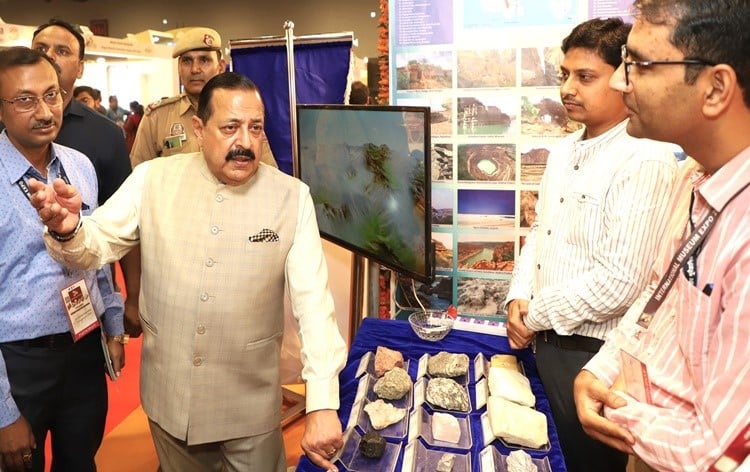What is an antiquity?
- The Antiquities and Art Treasures Act, 1972, implemented on April 1, 1976, defined “antiquity” as “any coin, sculpture, painting, epigraph or other work of art or craftsmanship; any article, object or thing detached from a building or cave; any article, object or thing illustrative of science, art, crafts, literature, religion, customs, morals or politics in bygone ages; any article, object or thing of historical interest” that “has been in existence for not less than one hundred years.”
- For “manuscript, record or other document which is of scientific, historical, literary or aesthetic value”, this duration is “not less than seventy-five years.”
What do Indian laws say?
- In India, Item-67 of the Union List, Item-12 of the State List, and Item-40 of the Concurrent List of the Constitution deal with the country’s heritage.
- Before Independence, an Antiquities (Export Control) Act had been passed in April 1947 to ensure that “no antiquity could be exported without license.” In 1958, The Ancient Monuments and Archaeological Sites and Remains Act was enacted.
- Then in 1971, Parliament saw an uproar over the theft of a bronze idol from Chamba and some important sandstone idols from other places.
- This, along with the UNESCO convention, prompted the government to enact The Antiquities and Art Treasures Act, 1972 (AATA), implemented from April 1, 1976.
- The AATA states-
- It shall not be lawful for any person, other than the Central Government or any authority or agency authorised by the Central Government in this behalf, to export any antiquity or art treasure.
- No person shall, himself or by any other person on his behalf, carry on the business of selling or offering to sell any antiquity except under and in accordance with the terms and conditions of a licence.”
- This licence is granted by the Archaeological Survey of India (ASI). After the AATA was implemented, the Centre asked traders in antiquities and art objects to declare their possessions of antiquities by June 5, 1976, and individual owners by July 5, 1976.
Q1) What are the roles of UNESCO?
The Organization actively fights against prejudice and discrimination and for the defense of human rights and the protection of cultural heritage. It was one of the first institutions to address the question of racism and has been a pioneering force in this domain.
Source: 231 stolen antiques repatriated to India in last 9 years: MoS Jitendra Singh
Last updated on June, 2025
→ UPSC Notification 2025 was released on 22nd January 2025.
→ UPSC Prelims Result 2025 is out now for the CSE held on 25 May 2025.
→ UPSC Prelims Question Paper 2025 and Unofficial Prelims Answer Key 2025 are available now.
→ UPSC Calendar 2026 is released on 15th May, 2025.
→ The UPSC Vacancy 2025 were released 1129, out of which 979 were for UPSC CSE and remaining 150 are for UPSC IFoS.
→ UPSC Mains 2025 will be conducted on 22nd August 2025.
→ UPSC Prelims 2026 will be conducted on 24th May, 2026 & UPSC Mains 2026 will be conducted on 21st August 2026.
→ The UPSC Selection Process is of 3 stages-Prelims, Mains and Interview.
→ UPSC Result 2024 is released with latest UPSC Marksheet 2024. Check Now!
→ UPSC Toppers List 2024 is released now. Shakti Dubey is UPSC AIR 1 2024 Topper.
→ Also check Best IAS Coaching in Delhi






















